February 4, 2015
Employers fail to design inclusive workplaces for disabled jobseekers
 Organisations that claim to be equal opportunities employers need to consider whether their workplace has an inclusive design. According to research commissioned by the Recruitment Industry Disability Initiative (RIDI) there is a significant disparity between the perceptions of candidates and recruiters in terms of the provision of ‘reasonable adjustments’ to accommodate disabled job seekers – a legal requirement under the Equality Act 2010. Despite the fact that 82 percent of recruiters claim reasonable adjustments are made to cater for disabled jobseekers, 58 percent of candidates say that no such adjustments exist. The research also found that up to 37 percent of disabled candidates have been discriminated against during recruitment, while 82 percent have reported a negative experience with a recruitment consultancy, which they attribute to a lack of knowledge of disability issues.
Organisations that claim to be equal opportunities employers need to consider whether their workplace has an inclusive design. According to research commissioned by the Recruitment Industry Disability Initiative (RIDI) there is a significant disparity between the perceptions of candidates and recruiters in terms of the provision of ‘reasonable adjustments’ to accommodate disabled job seekers – a legal requirement under the Equality Act 2010. Despite the fact that 82 percent of recruiters claim reasonable adjustments are made to cater for disabled jobseekers, 58 percent of candidates say that no such adjustments exist. The research also found that up to 37 percent of disabled candidates have been discriminated against during recruitment, while 82 percent have reported a negative experience with a recruitment consultancy, which they attribute to a lack of knowledge of disability issues.










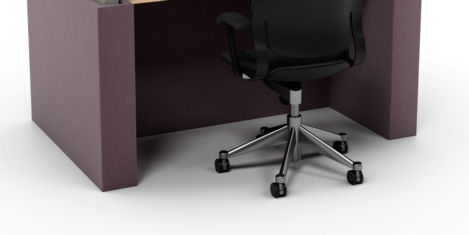
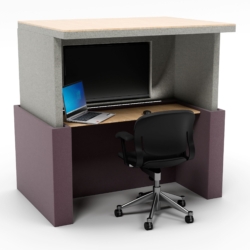


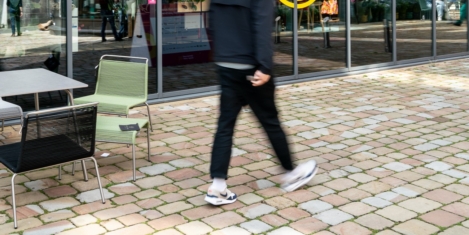
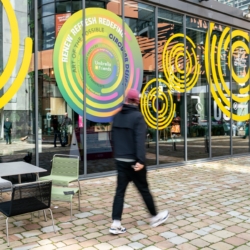
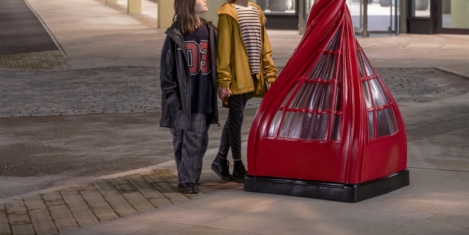
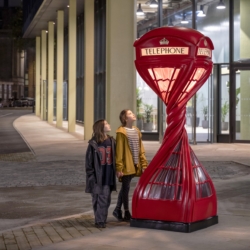














May 9, 2025
Ping pong, perks, pizza and beanbags won’t get you a better workplace culture
by Daniel Snell • Comment, Flexible working, Wellbeing, Workplace, Workplace design